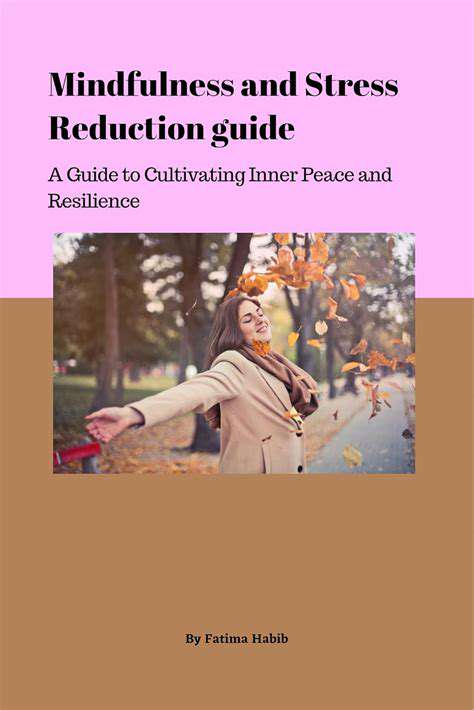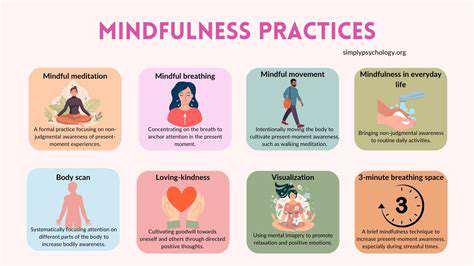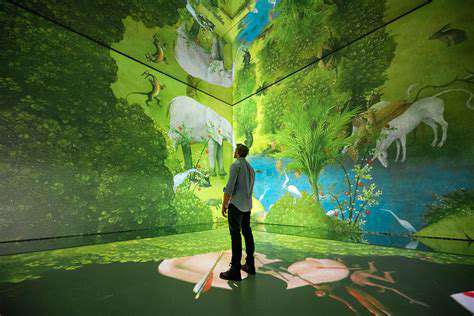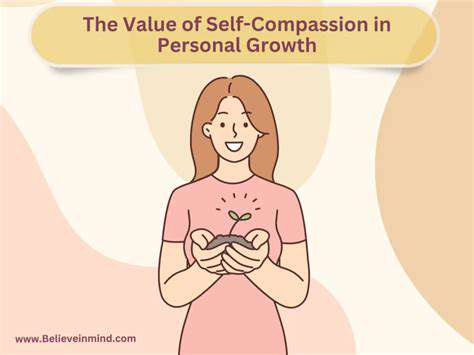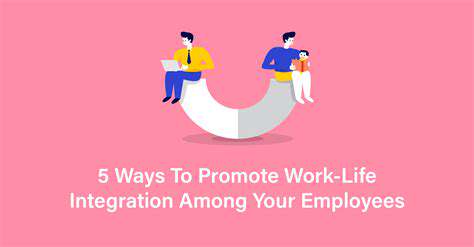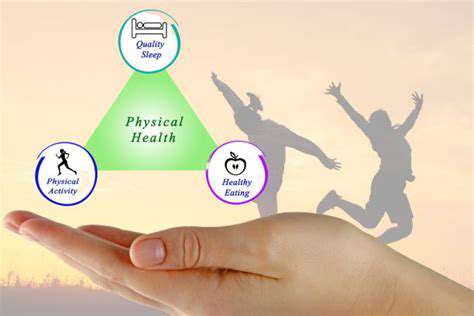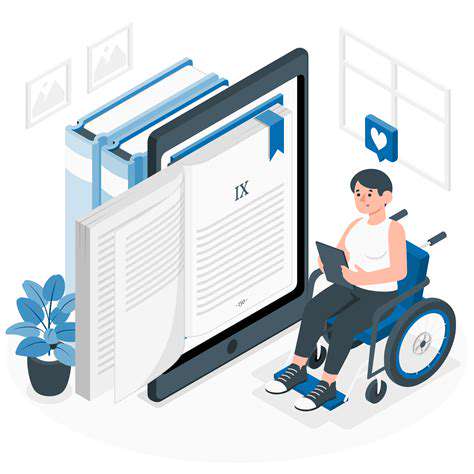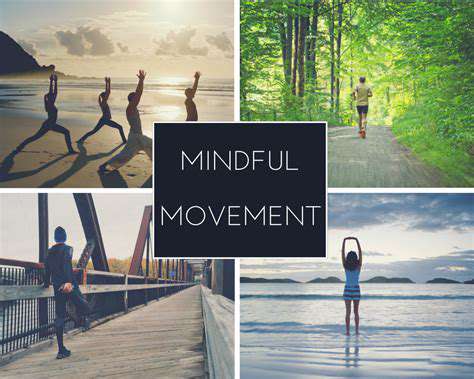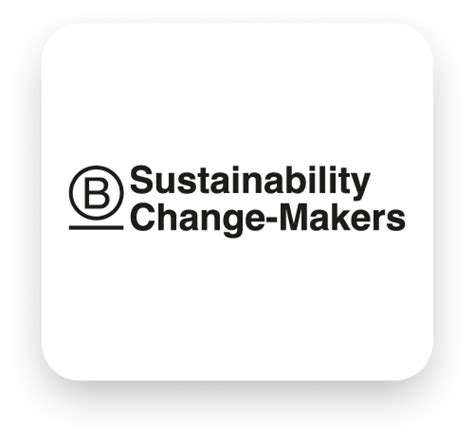Your Personalized Guide to Sustainable Anxiety Reduction
These tiny moments of presence created cracks in my automatic reactions, allowing me to insert conscious choice. The 4-7-8 breathing technique became my emergency brake—four counts in, seven holding, eight releasing. More than any app or tool, this simple practice gave me the pause I needed between trigger and response.
Transforming Stress Into Strength
I used to view stress as the enemy until I discovered the concept of stress inoculation. Just as vaccines introduce weakened viruses to build immunity, controlled exposure to stressors can increase resilience. I started small—deliberately placing myself in mildly stressful situations (like speaking up in meetings) to practice my coping tools.
Nature became my unexpected ally. There's something about the rhythm of waves or the constancy of trees that puts human problems in perspective. My emergency kit now includes photos of my favorite hiking spots—just glancing at them activates a physiological calm.
The Radical Practice of Self-Kindness
My toughest lesson? Emotional regulation isn't about perfection. There was the day I snapped at a colleague, then spent hours berating myself—only to realize my self-criticism was prolonging the emotional storm. The real work began when I started treating setbacks with curiosity rather than condemnation.
I developed what I call compassionate accountability—acknowledging missteps while celebrating the awareness that allowed me to recognize them. This subtle shift transformed my inner dialogue from punitive to supportive, creating space for genuine growth.
Weaving a Safety Net of Connection
Building my support network felt awkward at first—like learning to dance while everyone else seemed to move effortlessly. Then I discovered the power of vulnerability. When I started sharing not just my triumphs but my stumbles, relationships deepened unexpectedly.
I created what I call my Personal Board of Directors—a handful of people who each offer different strengths. One friend excels at reframing perspectives, another at practical problem-solving, another at sitting quietly with pain. This diversified emotional portfolio has proven more valuable than any single perfect supporter.
Crafting Your Unique Emotional Toolkit
After years of experimentation, I've learned that emotional regulation plans must be as unique as fingerprints. What works for my morning anxiety (cold showers and upbeat music) would overwhelm my night-owl friend. The key is treating yourself as both scientist and subject—testing hypotheses, noting results, and refining approaches.
My current system includes emotional first aid protocols for different scenarios: sensory tools for overwhelm, movement breaks for stagnation, creative outlets for rumination. The real breakthrough came when I stopped chasing a finish line and embraced regulation as an ongoing practice—like tending a garden rather than building a monument.
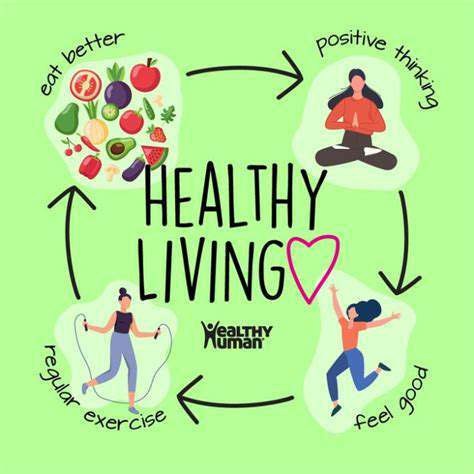
Building a Supportive Network for Emotional Well-being
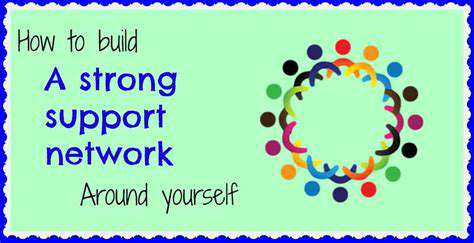
Laying the Groundwork for Connection
When I first set out to strengthen my support system, I made the common mistake of equating quantity with quality. The turning point came when I identified the three pillars of meaningful support: availability, attunement, and authenticity. A neighbor who texts back within minutes might offer more practical support than a childhood friend who takes weeks to respond.
I started small—reaching out to one person weekly with genuine interest in their life, not just my needs. These deposits in the emotional bank account made withdrawals (asking for help) feel more natural when needed. Surprisingly, some of my deepest connections emerged from initially casual interactions—the barista who noticed my mood shifts, the gym buddy who became a confidant.
The Delicate Art of Reciprocity
Healthy networks thrive on balanced give-and-take, but this isn't about keeping score. I developed what I call the 80/20 rule of support—aiming to give 80% of what I receive, knowing the scales will naturally fluctuate. This mindset shift transformed relationships from transactional to organic.
I discovered unexpected ways to contribute—sharing articles that reminded me of someone, offering specific help (I'm going to the post office tomorrow—can I drop something off for you?), or simply remembering important dates. These small acts created a foundation for deeper support when life inevitably got tough.
Weathering Storms as a Community
During a particularly difficult period, I learned the difference between surface-level support and true lifelines. My network surprised me—the colleague who organized meal deliveries, the friend who sent daily funny memes without expecting responses, the relative who simply listened without trying to fix.
I now maintain what I call a crisis contact list—people pre-approved for different needs, complete with their preferred contact methods and times. This preparation has made actual crises more manageable. The most valuable lesson? Vulnerability begets vulnerability—my openness gave others permission to ask for help too, creating a beautiful cycle of mutual support.
